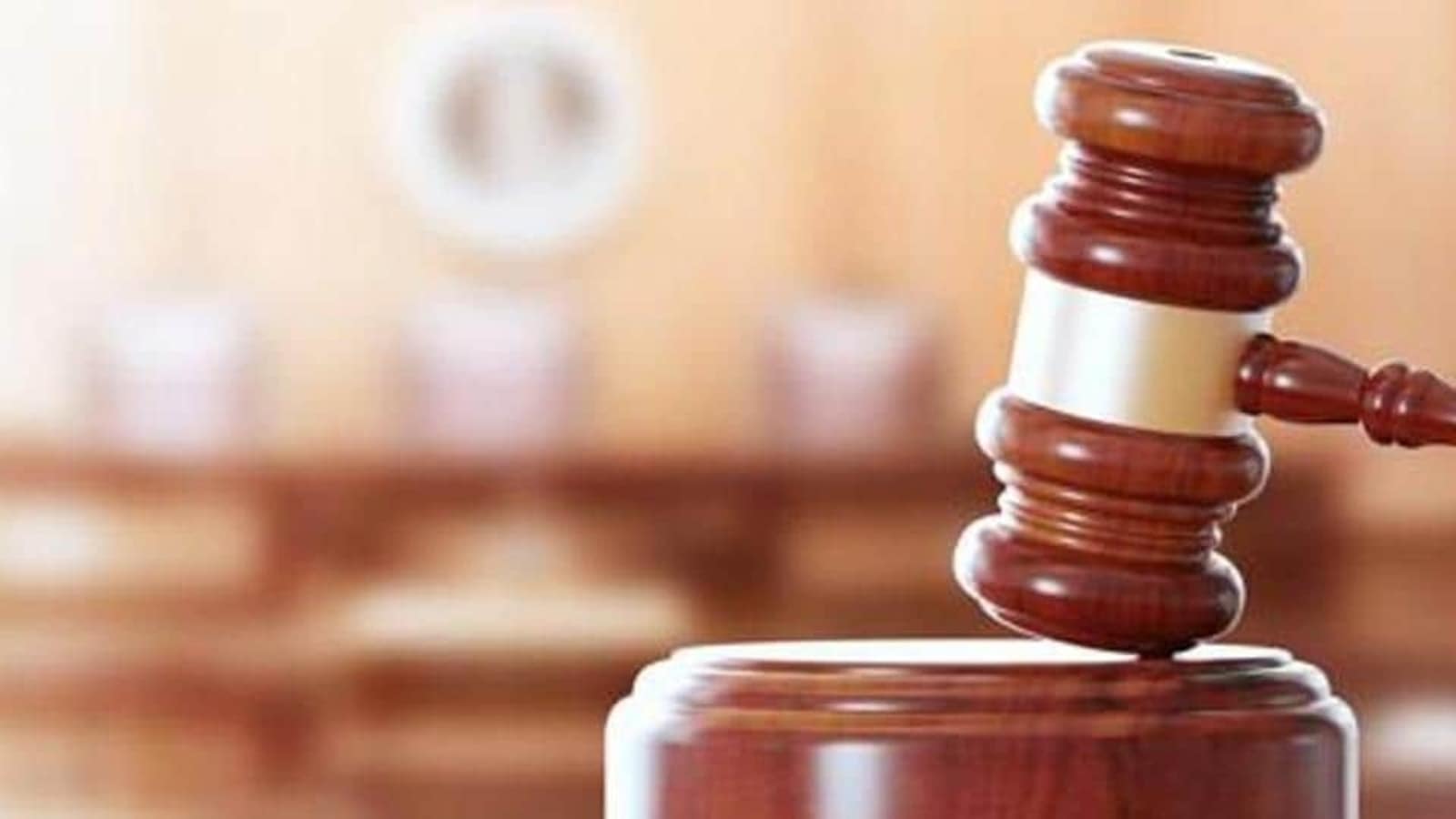- Recusals by judges have been common in recent weeks, raising crucial considerations regarding when judges should recuse themselves, the need for recording reasons for recusal, and the dependence on individual judges’ discretion.

Recusal
- Recusal is the removal of oneself from a position as a judge or policymaker in a specific case, usually due to a conflict of interest.
- Recusal usually occurs when a judge has a conflict of interest or a past relationship with the parties in the case.
- For example, if the lawsuit involves a corporation in which the judge has a stake, the fear would appear understandable.
- Similarly, if the judge has previously represented one of the parties in a case, the request for recusal may seem appropriate.
- A rescheduling is unavoidable. The matter is returned to the Chief Justice, who must form a new Bench.
Justifications for Judicial Recusal
- Recusal is common when a judge has a direct conflict of interest or a prior association with the parties engaged in a case. For example, if a judge has stock in a corporation engaged in the case, they should recuse herself.
- Previously held disagreement: Similarly, if the judge previously represented one of the parties in a case, recusal may be required.
- Prevent bias: Some judges may recuse themselves due to concerns of bias, while others may refuse to withdraw due to the possible harm to the institution.
- Absence of Codified standards: Although India now lacks codified standards governing recusals, the Supreme Court has addressed the subject in several judgements.
Procedure for Recusal
- Automatic and Plea-based Recusal: Recusal can happen automatically when a judge recognizes a conflict of interest or when a party raises a plea for recusal due to bias or personal interest.
- Judge’s Discretion: The decision to recuse is completely based on the judge’s conscience and discretion; no party can compel a judge to withdraw.
- When a judge recuses himself, the matter is passed to the Chief Justice, who reassigns it to an alternate bench to assure the continuation of proceedings.
Judges Are Responsible for noting Reasons for Recusal
- Because there are no statutory rules, judges are responsible for noting their reasons for recusal.
- Oral or Written Disclosure: Reasons for recusal can be stated orally in open court or in writing, or they can be left unsaid.
Criticism
- Lack of transparency: This has been criticised in relation to the reasons for recusal, particularly when mass recusals occur in sensitive circumstances.
- Unspecified motives: Some judgements have argued for the necessity to clarify reasons to prevent assigning motives to recusals, while others have expressed worries that doing so could lead to challenges and stymie the recusal process.
- Recusal inevitably causes delays in the proceedings since the case is sent to the Chief Justice, who must assign it to a new bench.
Past Supreme Court Rules on Recusal Factors for Impartiality
- In past decisions, the Supreme Court established numerous factors to determine a judge’s impartiality.
- Reasonableness of Apprehension: When determining whether recusal is required, the reasonableness of the party’s apprehension of bias is critical.
- Judicial prejudice is described as a tendency that jeopardises a judge’s impartiality.
- Actual Danger Test: While monetary interests immediately disqualify a judge, some instances necessitate using the “real danger” test to assess the probability of bias.
Problems with Recusal
- Recusal has been interpreted as a potential desertion of a judge’s job, posing difficulties about maintaining institutional decorum while fulfilling judges’ independent responsibilities as adjudicators.
- Need of stating Reasons: In his separate opinion in the 2015 National Judicial Appointments Commission (NJAC) judgement, Justice Kurian Joseph emphasised the need of judges stating reasons for recusal in order to increase transparency.
- Transparency is a constitutional requirement. Recusal reasons are a constitutional requirement, expressing the need for judges to be candid and accountable.
Practises in Other Countries
- The United States has well-defined laws and statutes outlining grounds for recusal, such as financial interests, prior involvement as a lawyer or witness, and contacts with parties.
- The United Kingdom has used the “real danger” criteria to dismiss judges based on substantive evidence of bias, despite opposition.
The Importance of Bias Appearance
The European Convention on Human Rights emphasises the importance of “appearance of bias” in ensuring justice from the standpoint of a reasonable observer.
Source: https://indianexpress.com/article/explained/how-judges-recuse-from-cases-and-why-7371106/
